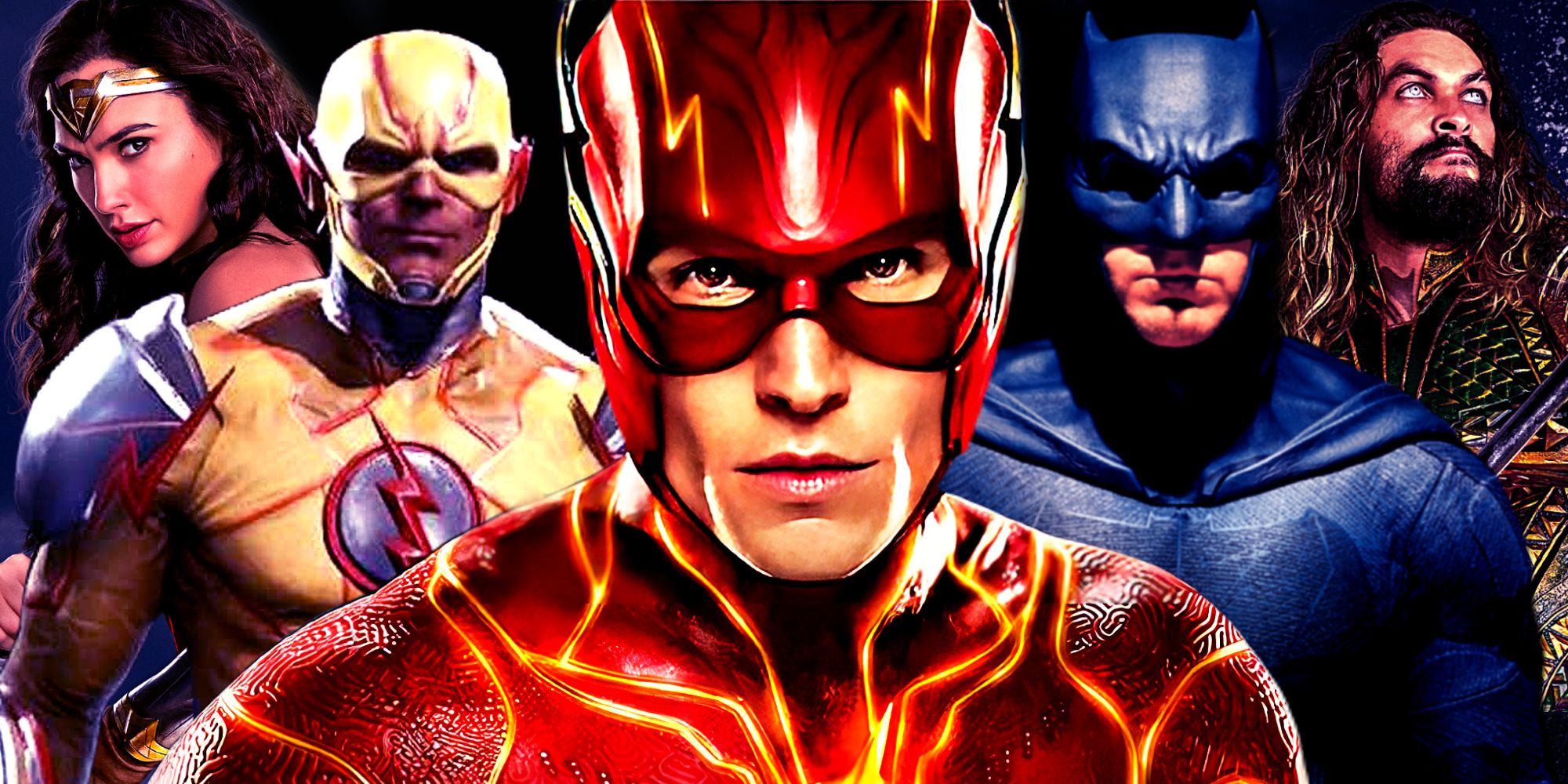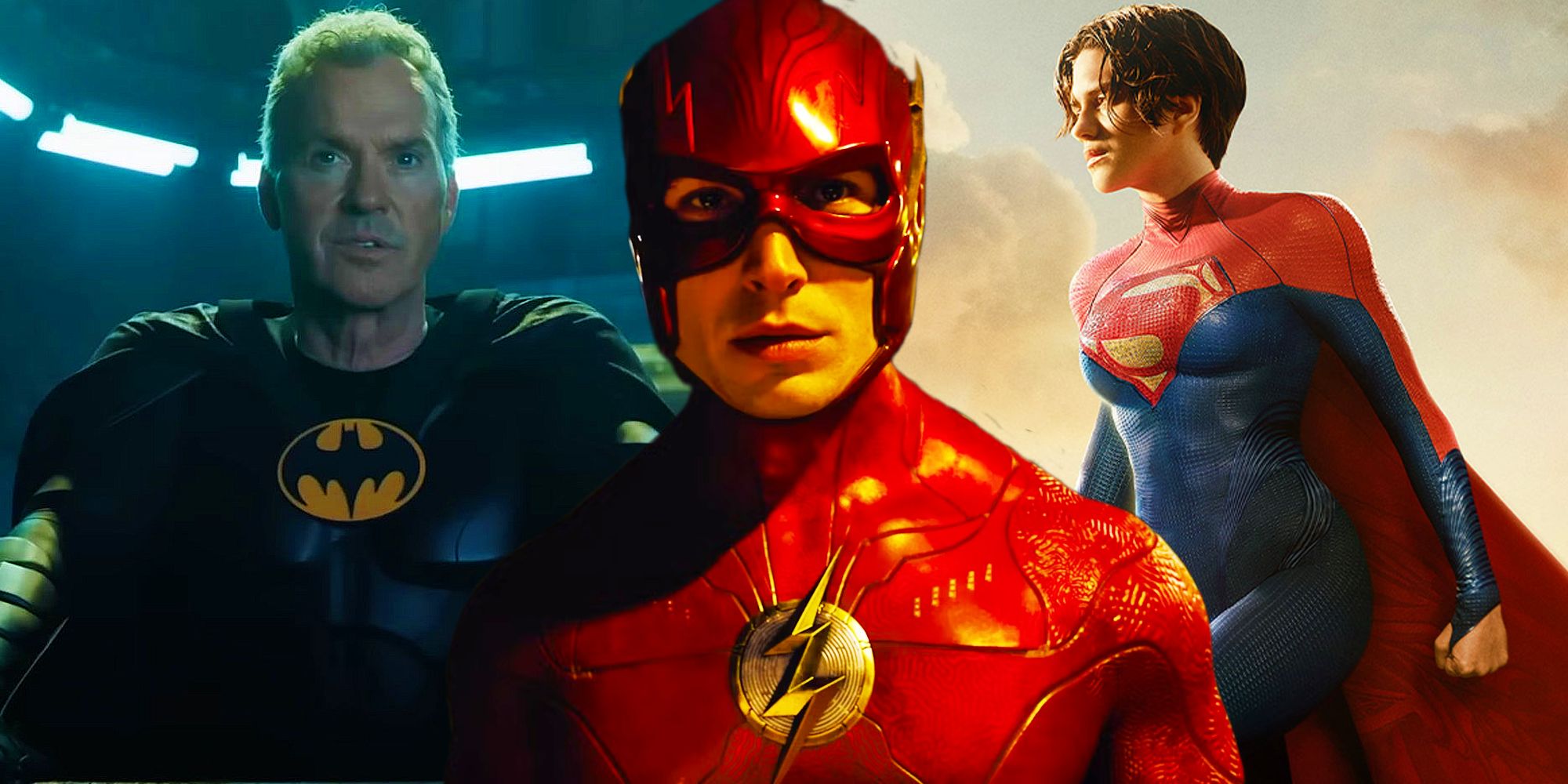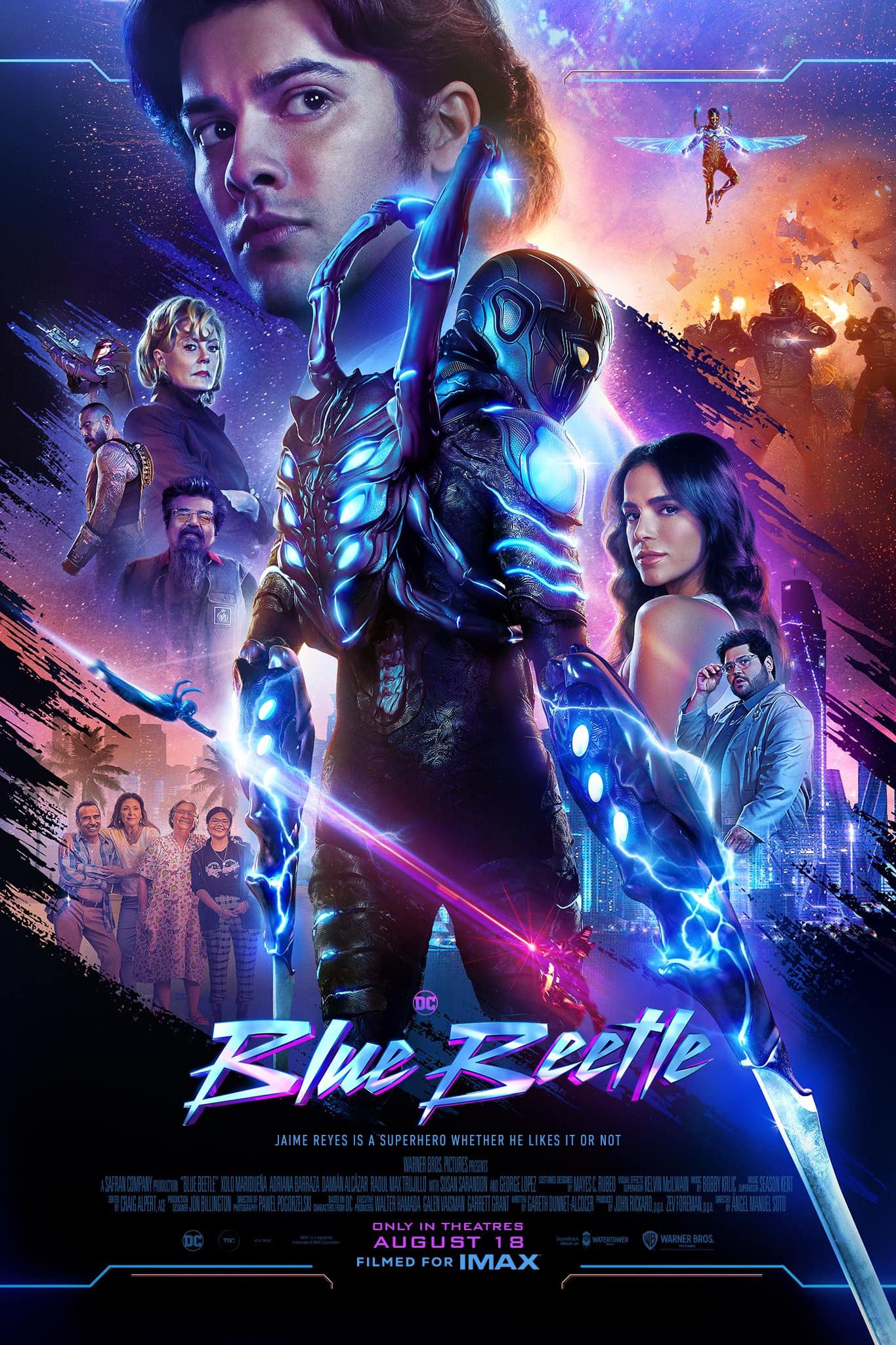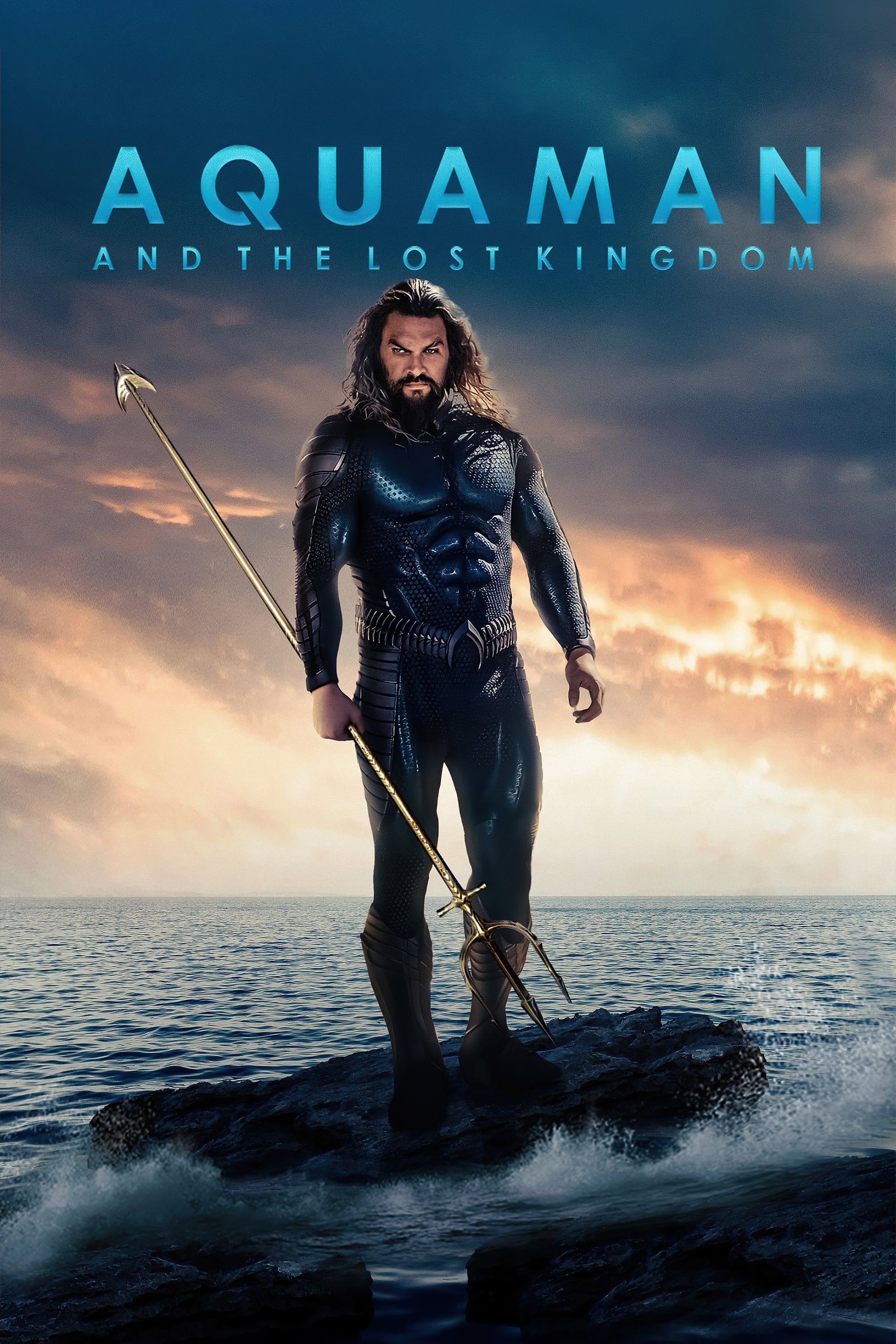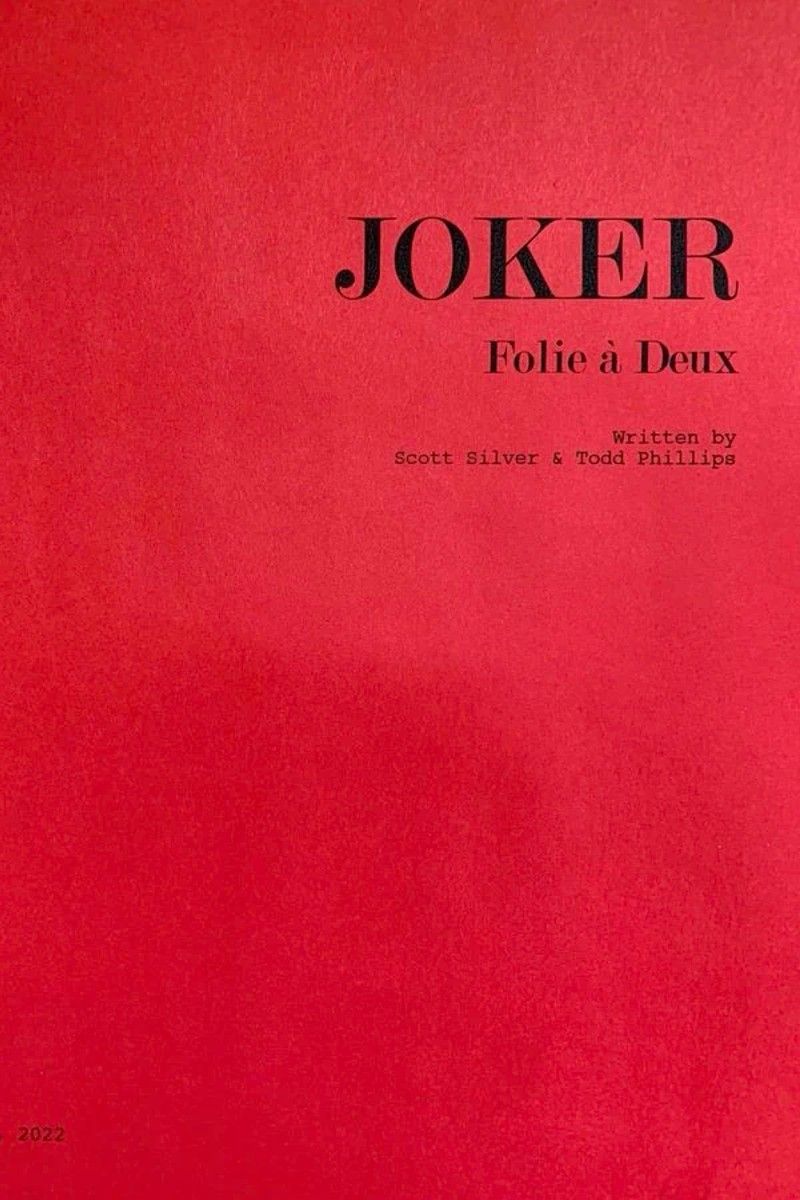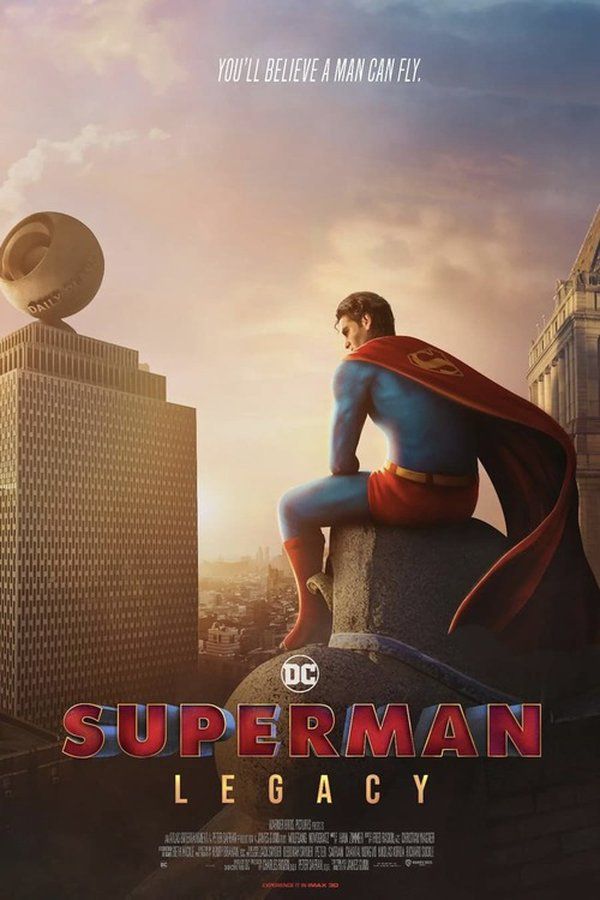Summary
- The Flash and its sequels initially had a different direction, with Rick Famuyiwa planning a series of films leading up to a Flashpoint adaptation.
- Famuyiwa's version would have introduced Professor Zoom as the main antagonist, with his influence being felt throughout the Justice League.
- The Flashpoint threequel would have rebooted the entire DCEU, providing an emotional farewell for existing characters and paving the way for a fresh start.
An important DCEU artist reveals what The Flash and its sequels originally looked like. Several directors tried their hand at a version of The Flash before someone else stepped in and changed the direction of the project. Ultimately, Andy Muschietti arrived to make a Flashpoint adaptation that featured Michael Keaton's Batman and Sasha Calle's Supergirl, but before that, The Flash was almost a completely different movie. At one point, it would have led to a more faithful Flashpoint adaptation that would have rebooted the franchise.
In an interview with Inverse, storyboard artist Jay Oliva — who did the storyboards for multiple DCEU movies after directing the 2013 animated film Flashpoint Paradox — describes a previous version of The Flash. According to Oliva, director Rick Famuyiwa's The Flash wouldn't have been a Flashpoint adaptation. Instead, it would have been an introductory story that would have led up to a Flashpoint culmination. Oliva recalls, “Rick's movie was going to be a series of films, just like Aquaman. I think all of those films, they were planning to be trilogies.” The storyboard artist also describes Professor Zoom as a key DCEU character introduced by Famuyiwa's The Flash:
“Rick's movie was laying the groundwork for Zoom as the big baddy of the DC Universe. It was Professor Zoom pulling the strings because he had come from the future to basically f*ck with Barry. In the Flash movies, Zoom would be the villain in the background. But also in the ancillary other films, you would see some of the influences of Zoom on the rest of the Justice League.”
In Rick Famuyiwa's plans, the Flashpoint threequel would have rewritten the entire DCEU. Supported by all the established DCEU characters and storylines, Famuyiwa's Flashpoint would have served as the DCEU's climax, paving the way for a franchise-wide reboot. Oliva says, "Everybody who's friends are now enemies, and it's a world that you don't want to live in. You can reboot the universe and introduce a new cast that way. Because after 10 years, the actors need to go onto something else.” Looking back, this idea seems like a much more emotional farewell for most DCEU characters, especially Superman and Batman.
Why The Flash Movie Plans Were Changed
As Jay Oliva describes it, Rick Famuyiwa's idea for a Flash trilogy seems like a more consistent plan not only for Ezra Miller's Barry Allen but also for the DCEU as a whole. Unfortunately, The Flash and other DC projects in development at the time were constantly adapting to the varying reception of DCEU releases. Batman v Superman: Dawn of Justice and Suicide Squad divided audiences, while Wonder Woman received critical acclaim and Justice League became a critical and commercial flop. Hence, plans for the franchise had to change drastically, and The Flash couldn't be too ambitious without a shared universe to use as its foundation.
Rick Famuyiwa soon dropped out of the project, and The Flash struggled to find a new director for a while. After multiple rewrites and a string of unexpected obstacles like the COVID-19 pandemic and Ezra Miller's controversial behavior, Andy and Barbara Muschietti joined the project as director and producer, respectively. Still aiming to adapt Flashpoint, Andy Muschietti took more creative liberties with the storyline and decided to include Ben Affleck and Michael Keaton's Batmen in the story. By this point, The Flash had a solid enough story to move forward in production after so many delays.
While it would have been possible for various directors to design a consistent Flash trilogy that would have adapted the Flashpoint storyline and involved the whole DCEU, the franchise's logistical hurdles made it difficult to settle on a specific idea, let alone on setting up more sequels and connecting them to other parts of the DCEU. Had the DCEU stayed on track during its early stages, The Flash would have likely been a very different movie, and Rick Famuyiwa's plans for The Flash could have delivered a long and complex multi-year journey for Flash and the Justice League.
Source: Inverse

